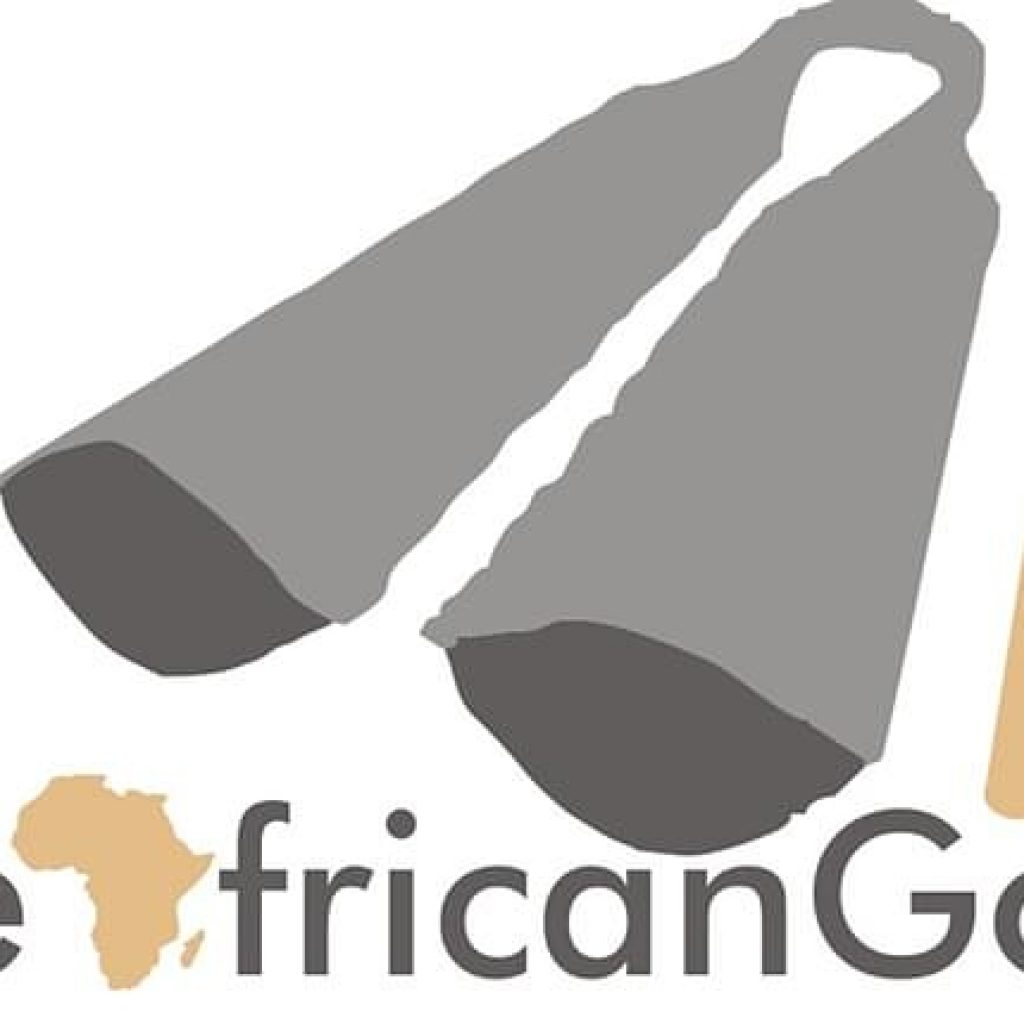From Segun Babatunde in Bauchi
Journalists in Bauchi State in particular, and the country at large have been called upon to identify gaps in Gender Based Violence (GBV) response and bring it to the attention of policy makers through increased reportage for it to be properly addressed.
Similarly,media practitioners as key positive contributors to the prevention of GBV are also enjoined to use all channels including traditional and social media for providing information to survivors and the general public about GBV prevention and available services.
A Gender Based Violence Expert in Bauchi state, Mrs Helen John made the call Friday during a Media Round Table in commemoration of the 2021 16 days Activism against Gender Based Violence, organised by the State Chapter of Nigerian Association of Women Journalists(NAWOJ) in collaboration with Plan International, with the theme “Orange the world: End Violence Against Women Now!”, held at the Secretariat of the NUJ Press Centre, Bauchi.
Mrs John lamented that Gender-based violence has been linked to many serious health problems,both immediate and long-term “which include physical and psychological health problems like physical injury, disability, anxiety, fear, mistrust if others and post- traumatic stress disorder”.
They also include, depression, suicide,death, babies born with health disorders as a result of violence experienced by the mother during pregnancy, spread of HIV/AIDS, among others.
According to her, latest estimates states that nearly 1 in 3 women aged 15 years and above around the world have been subjected to physical or sexual violence by an intimate partner and non-partner at least once in their lifetime.
She said Gender Based Violence is a global pandemic deeply rooted in gender inequality and is fundamentally a human rigth Violation which has no social or economic boundaries.
“Evidence suggests that certain characteristics of women, such as disability status, ethnicity and some contextual factors such as humanitarian crises which include conflict and post-conflict situation, may increase women Vulnerability to violence”
“Bauchi state has it’s own share of the problem.According to the NDHS 2018, 21.7 percent of women experience physical abuse, 22.7 percent experience sexual abuse, 57.3 percent experience emotional abuse from their partners while 74 percent of women in the state do not seek help after experiencing violence.This is very disturbing because of the undesirable impact ranging from physical injury, Sexual Transmitted Diseases, mental health, unwanted pregnancy, abortion and miscarriage” She said
She said that the media is critical in contributing positively to Gender Based Violence prevention by educating the public about their legal rights, how to recognize and address Gender based violence.




